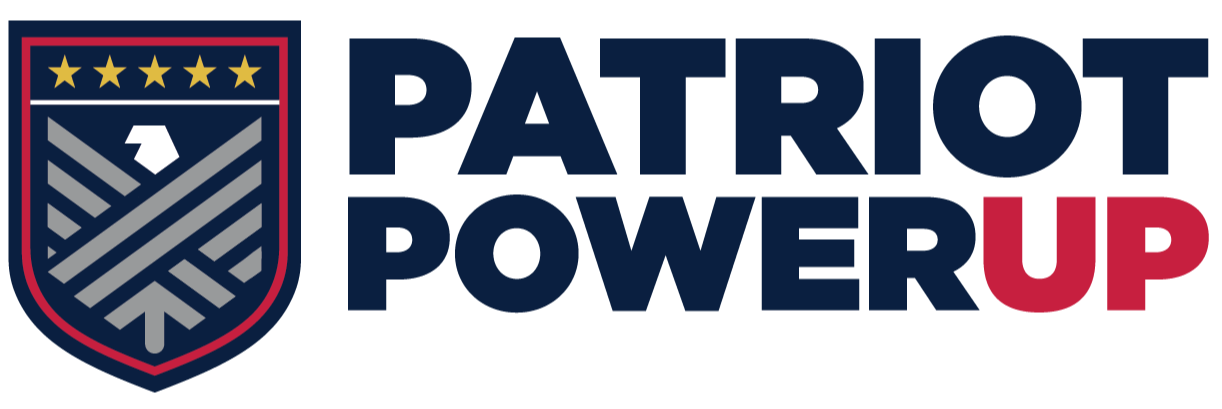Introduction
For many Veterans, the path to healing begins with connection. Peer support offers something unique: understanding rooted in shared experience. When a Veteran struggling with anxiety talks to someone who has walked a similar path, it builds trust, reduces stigma, and opens the door to healing.
This article explores the power of peer support in managing anxiety among Veterans—from informal buddy systems to structured programs within the VA and local communities.
What Is Peer Support?
Peer support involves Veterans helping other Veterans. It can be informal (like talking with a fellow Veteran) or formal (through certified peer specialist programs). The core principle is that shared experience leads to deeper empathy and practical insights that clinical settings alone may not offer.
VA defines peer support as “services provided by trained individuals who have lived experience with mental health challenges and recovery.” These individuals work in VA hospitals, Vet Centers, and community programs nationwide.
How Peer Support Helps Veterans with Anxiety
Anxiety often isolates people. Veterans may hesitate to seek help due to stigma, mistrust, or feeling misunderstood. Peer support counters this by:
- Normalizing anxiety symptoms: Hearing “I’ve been there” from another Veteran reduces shame and encourages openness.
- Creating safe spaces: Peer-led groups foster nonjudgmental environments for discussion and coping.
- Building practical coping skills: Veterans learn from each other’s tools for managing triggers, sleep issues, and daily stressors.
- Encouraging follow-through: Peer specialists often help Veterans stay engaged in care and navigate the VA system.
Peer support doesn’t replace clinical care, but it often enhances treatment outcomes and long-term engagement.
VA Peer Support Programs
The VA employs thousands of trained peer specialists who provide:
- One-on-one mentoring and check-ins.
- Group sessions focused on shared mental health challenges.
- Support navigating benefits, housing, and treatment access.
- Connections to resources within and outside of the VA.
Many VA medical centers, Vet Centers, and outpatient clinics offer peer support services. Veterans can ask their care team or social worker for a referral.
Community-Based Peer Networks
Beyond the VA, many community organizations run peer programs tailored for Veterans:
- Team Red, White & Blue (Team RWB): Focuses on physical activity and social connection.
- Wounded Warrior Project: Offers structured support groups and mental health workshops.
- The Mission Continues: Uses service projects to build camaraderie and purpose.
These programs often integrate social, emotional, and vocational support to create a well-rounded recovery environment.
What Makes Peer Support Effective?
Research and Veteran testimonials point to key benefits:
- Increased sense of belonging.
- Reduced suicidal ideation and hospitalizations.
- Greater hope and motivation to engage in treatment.
- Faster reintegration into community life.
Peer support works because it’s grounded in mutual respect and shared military culture—a language not easily replicated outside the Veteran community.
FAQ: Peer Support for Veteran Anxiety
Q: Is peer support a substitute for therapy?
A: No. Peer support is meant to complement—not replace—clinical care. Many Veterans benefit from using both.
Q: How do I access a peer support specialist through the VA?
A: Ask your VA provider or social worker. You can also call your local VA medical center or visit the VA Peer Support Program online.
Q: Are peer support groups confidential?
A: Yes. Peer groups operate under strict privacy standards to create safe, trusting spaces.
Q: Can family members participate in peer support?
A: Some programs include family support groups, but peer support for anxiety is generally focused on Veteran-to-Veteran connection.
Patriot PowerUP Is Here to Help
Patriot PowerUP provides trusted, Veteran-focused support to promote mental and emotional wellness. If you’re struggling, our team is standing by to help support and guide you to a place to heal.
References
- U.S. Department of Veterans Affairs. Peer Support Services. https://www.va.gov/health-care/mental-health-care/peer-support/
- National Center for PTSD. https://www.ptsd.va.gov/
- National Alliance on Mental Illness. https://www.nami.org
- Team Red, White & Blue. https://www.teamrwb.org
- Wounded Warrior Project. https://www.woundedwarriorproject.org
- The Mission Continues. https://www.missioncontinues.org

